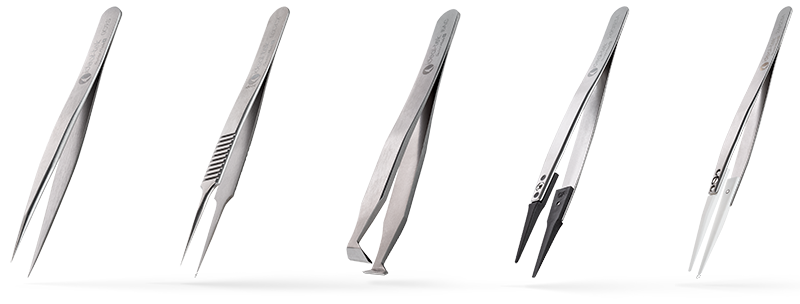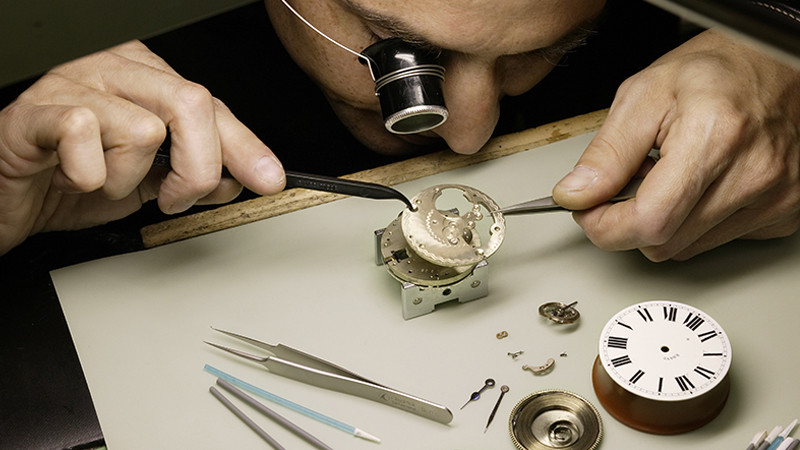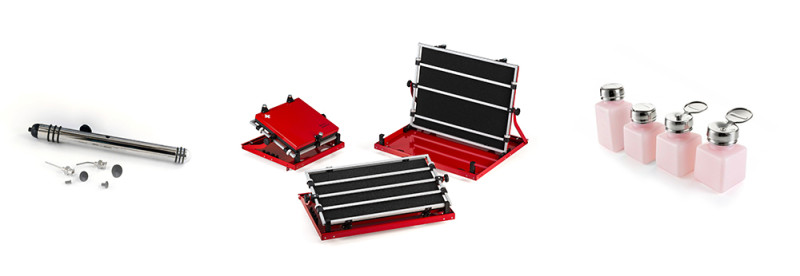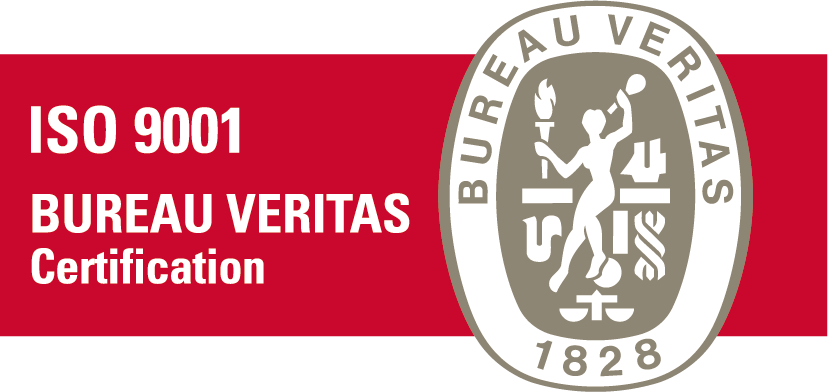-
-
ProductsProductsTweezers TweezersCutters and Pliers Cutters and PliersScissors ScissorsProbes and Spatulas Probes and SpatulasScalpels and Blades Scalpels and BladesWorkbench Accessories Workbench AccessoriesTesters TestersVisual Inspection Visual InspectionKits KitsTweezersourView all
TweezersAll Tweezers High Precision Tweezers Cutting Tweezers Plastic Replaceable Tip Tweezers Biology Tweezers Diamond Tweezers Diamond coated Tweezers Plastic Tweezer Tips Plastic Tip Tweezers Full Plastic Tweezers Ceramic Replaceable Tip Tweezers Ceramic Tweezer Tips Full Ceramic Tweezers Mini Tweezers ESD Rubber Tweezers ESD Foam Tweezers ESD Diamond Coated Tweezers ESD Epoxy Coated Tweezers Cutters and pliersScissors and InstrumentsProbes and spatulasScalpels and bladesWorkbench accessoriesTestersVisual inspection
Cutters and pliersScissors and InstrumentsProbes and spatulasScalpels and bladesWorkbench accessoriesTestersVisual inspection -
Media
- Media
- News News
- Video
- Download
- FAQ and Insights
-
About Us
-
ContactsContacts
-
follow
us -
receive our
newsletter Register Now -
say
hello More
-
Log in to your account
ourideal-learning

Swiss watchmaking curiosities - November
Watchmaking is a symbol of Swiss know-how and “Made in Switzerland” precision manufacturing. Switzerland produces just over 20 million watches per year. (Swissinfo.ch)
To be marked Swiss made, a watch has to meet the requirement of minimum 60% of Swiss value. (fhs.swiss)
By the end of the century, Geneva had already acquired a reputation for excellence and in 1601 the Watchmakers Guild of Geneva was established, the first of its kind in the world.
A century later, because the city had “too many” watchmakers, many started leaving the Geneva region to set up business in the Jura mountains. (fhs.swiss)
The Swiss have a reputation for being as punctual and precise as their best watches (switzerlandisyours.com). It is a deep expression of respect for other people. A punctual person is a considerate one. By showing up on time – for everything – a Swiss person is saying, in effect, “I value your time and, by extension, I value you.” (bbc. com)
Place
Frédérick Japy, a watchmaker on the French side of the Jura Mountains, adapted the Lépine caliber to factory production in 1800, setting the stage for a new era of mass production. The development favored watchmakers in Switzerland, where peasants and farmers occupied their winter months by making watch components for firms based in Geneva. Their industriousness and autonomy helped their country outproduce rival centers.
“As a country, Switzerland is very decentralized,” said Jérôme Lambert, chief executive of Montblanc. “Every valley has an owner or organization that has a dynamic, small city center. That created a very natural extension of the traditional watchmaking way. It was not the same case in England, Germany or France, where it was very much centralized in big cities.” (nytimes.com)
Ideal-tek supplies some of the biggest Swiss watch brands with high-quality tweezers, designed for the easy handling, positioning of components, cutters and pliers, used in assembly and repair works to cut, grip, turn and bend.
All news
To be marked Swiss made, a watch has to meet the requirement of minimum 60% of Swiss value. (fhs.swiss)
Swiss watch history
The Swiss watch and clock industry appeared in Geneva in the middle of the 16th century. In 1541, the reformer Jean Calvin, by banning the wearing of ornamental objects, in effect forced goldsmiths and other jewellers to turn to a different art: that of watchmaking.By the end of the century, Geneva had already acquired a reputation for excellence and in 1601 the Watchmakers Guild of Geneva was established, the first of its kind in the world.
A century later, because the city had “too many” watchmakers, many started leaving the Geneva region to set up business in the Jura mountains. (fhs.swiss)
Why Switzerland?
The PeopleThe Swiss have a reputation for being as punctual and precise as their best watches (switzerlandisyours.com). It is a deep expression of respect for other people. A punctual person is a considerate one. By showing up on time – for everything – a Swiss person is saying, in effect, “I value your time and, by extension, I value you.” (bbc. com)
Place
Frédérick Japy, a watchmaker on the French side of the Jura Mountains, adapted the Lépine caliber to factory production in 1800, setting the stage for a new era of mass production. The development favored watchmakers in Switzerland, where peasants and farmers occupied their winter months by making watch components for firms based in Geneva. Their industriousness and autonomy helped their country outproduce rival centers.
“As a country, Switzerland is very decentralized,” said Jérôme Lambert, chief executive of Montblanc. “Every valley has an owner or organization that has a dynamic, small city center. That created a very natural extension of the traditional watchmaking way. It was not the same case in England, Germany or France, where it was very much centralized in big cities.” (nytimes.com)
Why Ideal-tek?
Professional watchmakers need the proper precision tools for quality watch design and watch repair work. Even the smallest parts of a Swiss watch are made with incredible precision and require very sharp and extremely precise tools.Ideal-tek supplies some of the biggest Swiss watch brands with high-quality tweezers, designed for the easy handling, positioning of components, cutters and pliers, used in assembly and repair works to cut, grip, turn and bend.
Videos
Download
IDEAL-TEK CATALOG - 2026
Technical data sheets - Metal
Technical data sheets - Ceramic
Technical data sheets - Plastic
Technical data sheets - Coating
Instructions - User Manuals
Presentations - Training materials and more
Certificates
CSR - Corporate Social Responsibility
Ideal-tek - Code of Ethics and Business Conduct
Ideal-tek - Purchase Terms
Ideal-tek - Privacy
Software









